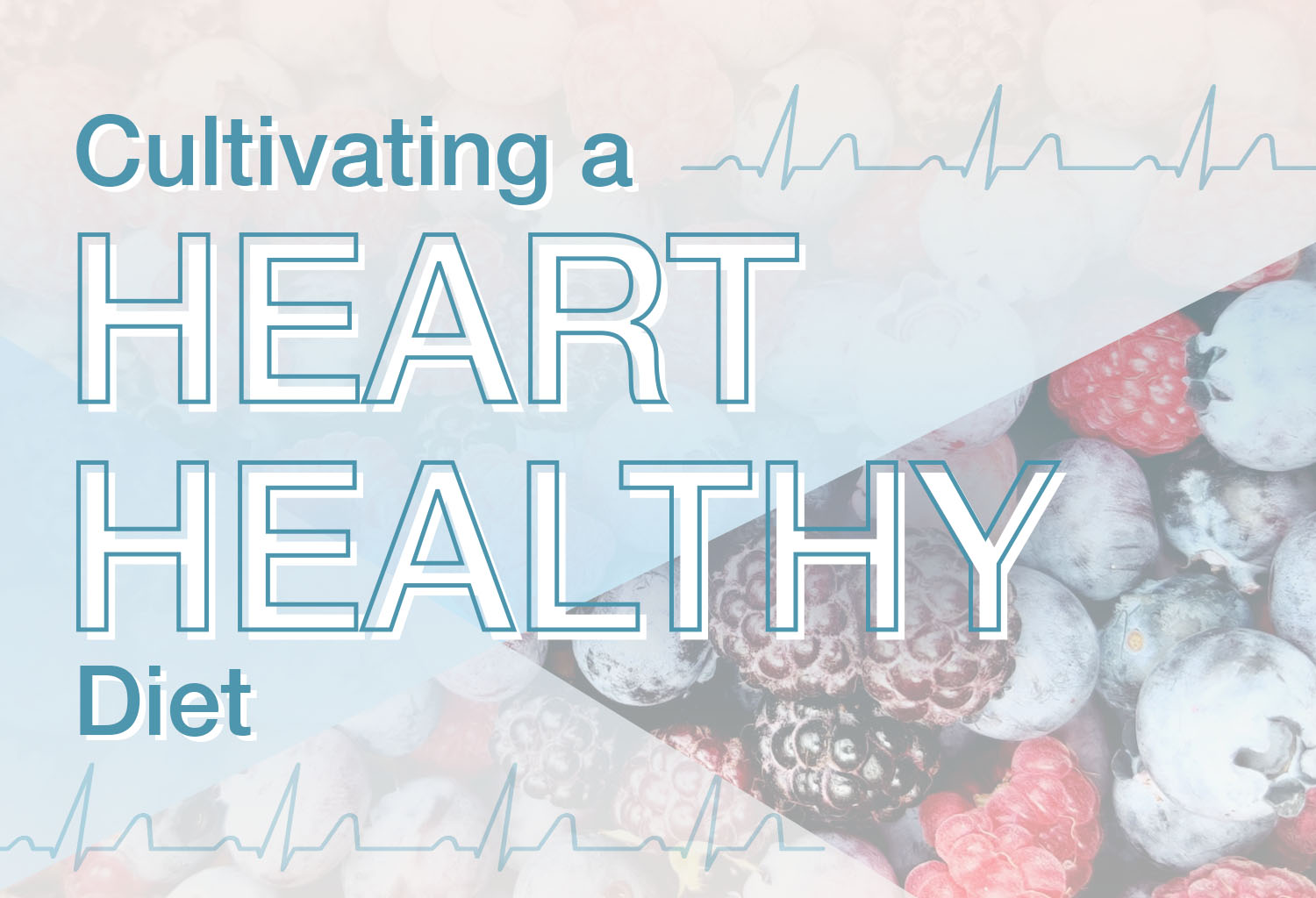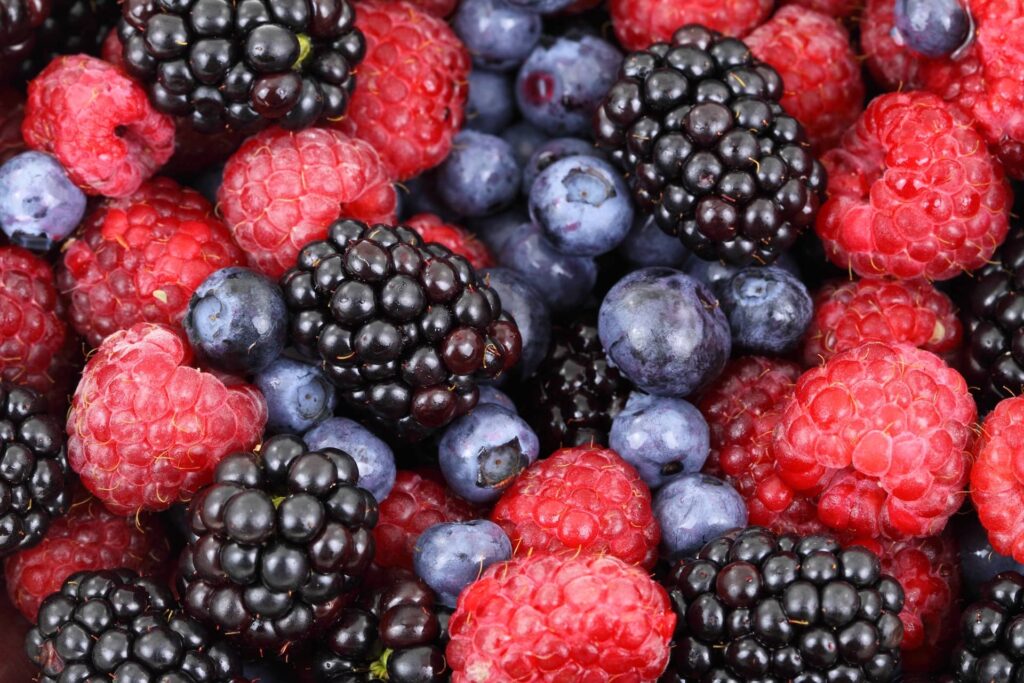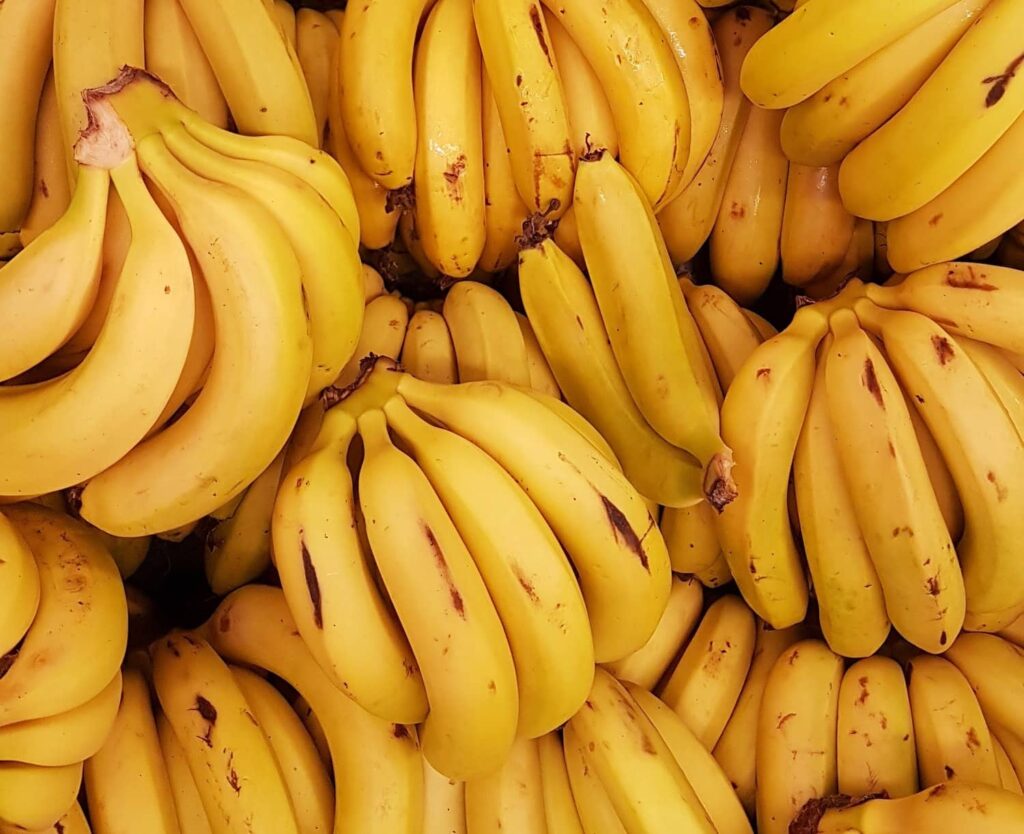
Cultivating a Heart Healthy Diet
Heart disease is the number one killer among men and women globally. If you are worried about heart disease, one of the most important things you can do is to start eating a heart-healthy diet. Changing your diet can help stop or even reverse heart disease.
At first, it may seem overwhelming and like there is a lot to learn. But you don’t have to make these changes all at once. Start with small steps. Over time, making a number of small changes can add up to a big difference in your heart health. To have a heart-healthy diet:
- Eat more fruits, vegetables, whole grains, and other high fiber foods.
- Choose foods that are low in saturated fat, trans fat, and cholesterol.
- Limit salt (sodium) intake.
- Stay at a healthy weight by balancing the calories you eat with your physical activity.
- Eat at least two servings of fish each week. Oily fish, which contain omega-3 fatty acids, are best.
- Limit drinks and foods with added sugar.
Fruit has the power to improve your heart health because it contains nutrients that can help lower your cholesterol and blood pressure, and help you lose weight – all three which are good for your overall heart health. People who eat four or more servings of whole fruit a day significantly lower their risk of developing high blood pressure. These three risk factors are risk factors for heart disease, thus lowering your risks is pivotal.
Berries
Berries are rich in antioxidants. Studies show that eating them can reduce multiple risk factors for heart disease. Strawberries, blueberries, blackberries and raspberries are jam-packed with important nutrients that play a central role in heart health. Berries are a great source of vitamin C and fiber. Eating a high fiber diet has the potential to help lower cholesterol and your risk for heart disease, according to the Academy of Nutrition and Dietetics.

Additionally, fiber can also help keep your weight in check. Frozen berries are just as healthy as fresh so you can enjoy berries year-round. Berries are also rich in antioxidants like anthocyanins, which protect against the oxidative stress and inflammation that contribute to the development of heart disease.
Here are some of the benefits of blueberries:
- Promote heart health
- High in antioxidants
- Amp up weight loss
- Boost brain health
- Alleviate inflammation
- Support digestion
- Help fight cancer
Raspberries are loaded with polyphenols – antioxidants that mop up damage-causing free radicals in your body. Additionally, they also deliver fiber and vitamin C, which are both linked to a lower risk of stroke.
Avocados
Avocados get their creamy texture from “good” (monounsaturated) fats, which lower your “bad” cholesterol and reduce your risk of heart disease. Furthermore, avocados have an anti-inflammatory effect, which prevents further progression of atherosclerosis. Avocados are also rich in potassium, a nutrient that is essential to heart health. Just one avocado supplies 975 milligrams of potassium, or about 28% of the amount that you need in a day. Getting at least 4.7 grams of potassium per day can decrease blood pressure by an average of 8.0/4.1 mmHg, which is associated with a 15% lower risk of stroke.
Red Grapes
Red grapes contain resveratrol, which helps keep platelets in your blood from sticking together. This may be partly why red wine, in moderation, can have some heart-healthy advantages over other types of alcohol. Health experts don’t recommend drinking, because alcohol does have some health risks.
Bananas
A medium banana provides almost 9% of a person’s daily potassium needs, according to the nutritional information from the following sources. The American Heart Association encourages people to lower their intake of salt, or sodium, and increase their consumption of foods that contain potassium. Potassium can help manage blood pressure and reduce strain on the cardiovascular system. Having high sodium levels can increase the risk of high blood pressure. In healthy people, potassium lowers this risk by helping the body remove sodium. It also helps manage blood pressure by relaxing the walls of blood vessels. The combination between high potassium intake and low sodium intake helps reduce the risk of cardiovascular disease and stroke.

Furthermore, bananas contain fiber, potassium, folate, and antioxidants, such as vitamin C. All of these support heart health. A study found that people who follow a high fiber diet have a lower risk of cardiovascular disease than those on a low fiber diet. Those who consumed more fiber also had lower levels of low-density lipoprotein (LDL), or “bad’ cholesterol.
The American Diabetes Association recommends eating bananas and other fruit because they contain fiber. They note that eating fiber helps lower blood sugar levels. The author of a 2018 review concluded that eating a high fiber diet could reduce the risk of type 2 diabetes and may lower blood sugar in those who already have the disease.
If you are worried about heart disease, one of the most important things you can do is to start eating a heart-healthy diet.
ACS Diagnostics, Inc.
ACS Diagnostics has been monitoring and delivering quality ECG for nearly 40 years. We believe in quality products, that produce High Resolution ECG, with Full Disclosure. If you have any arrhythmias or heart issues, contact us today. ACS Diagnostics can get you in touch with a Cardiologist, or get a remote test sent directly to your home. Don’t ignore your heart, take control today!
